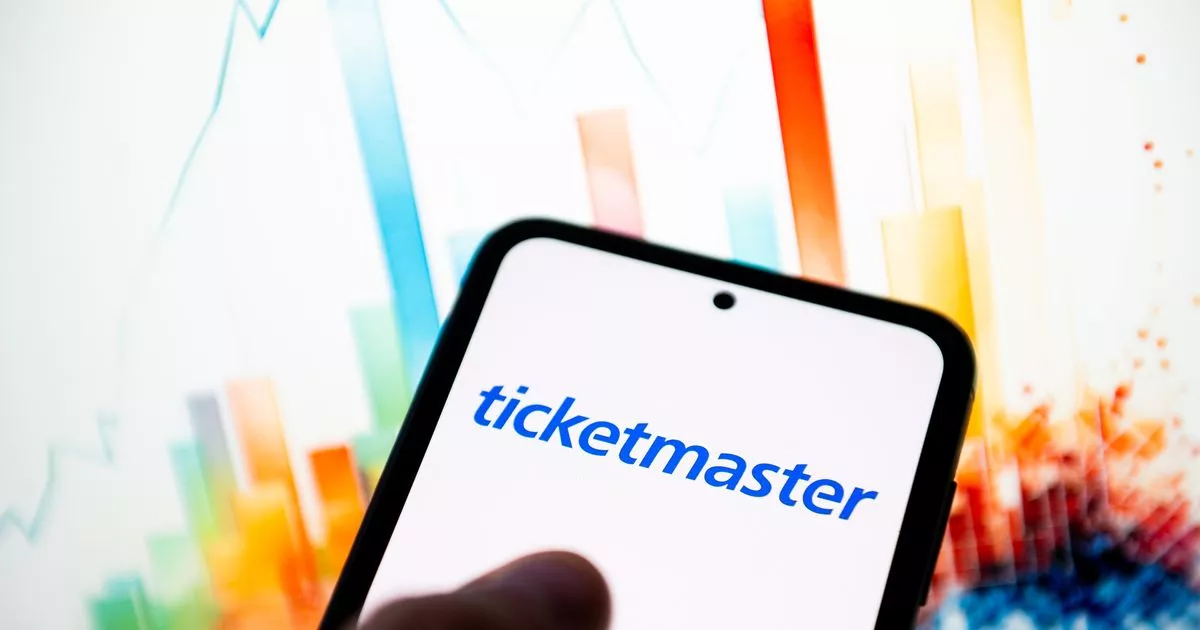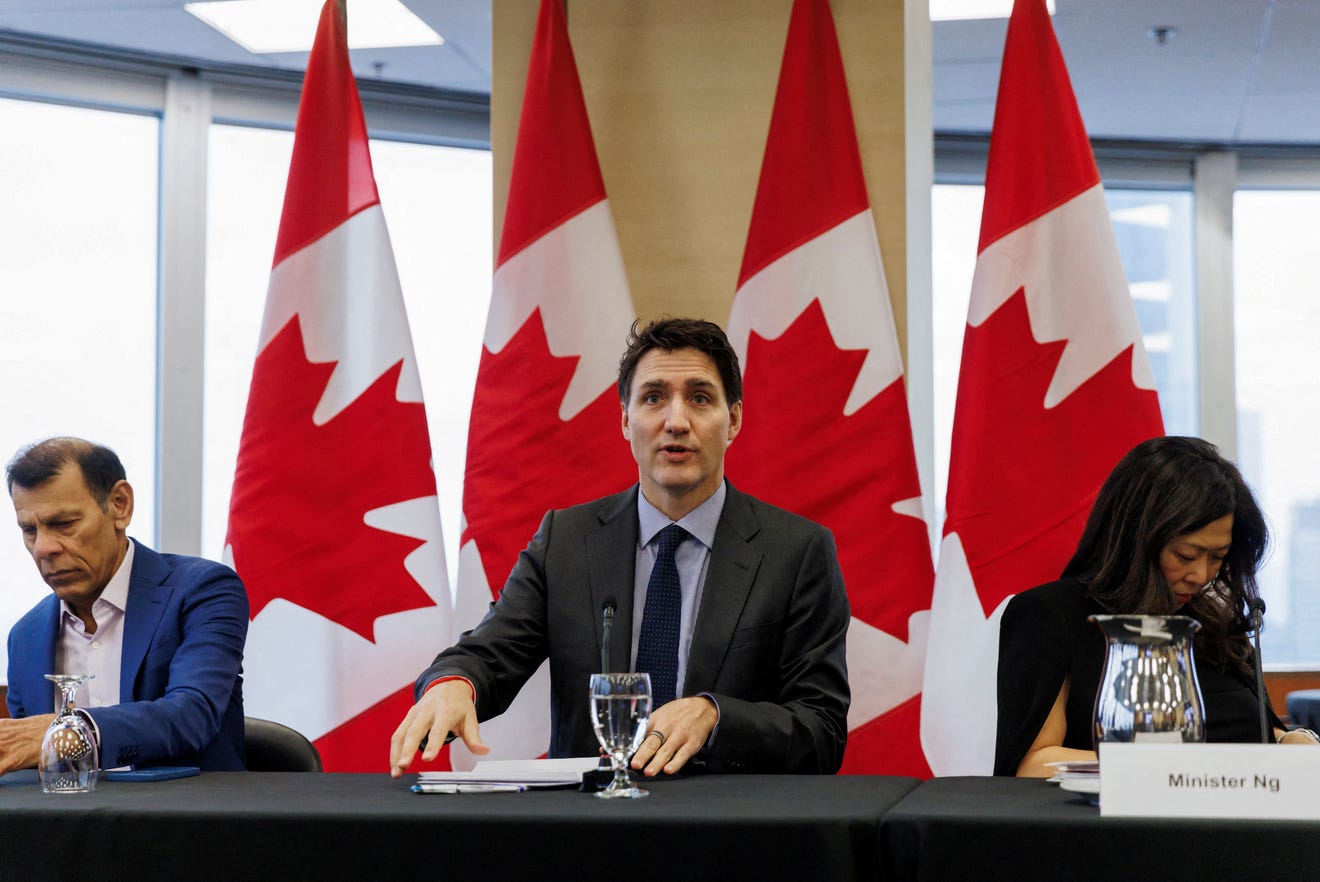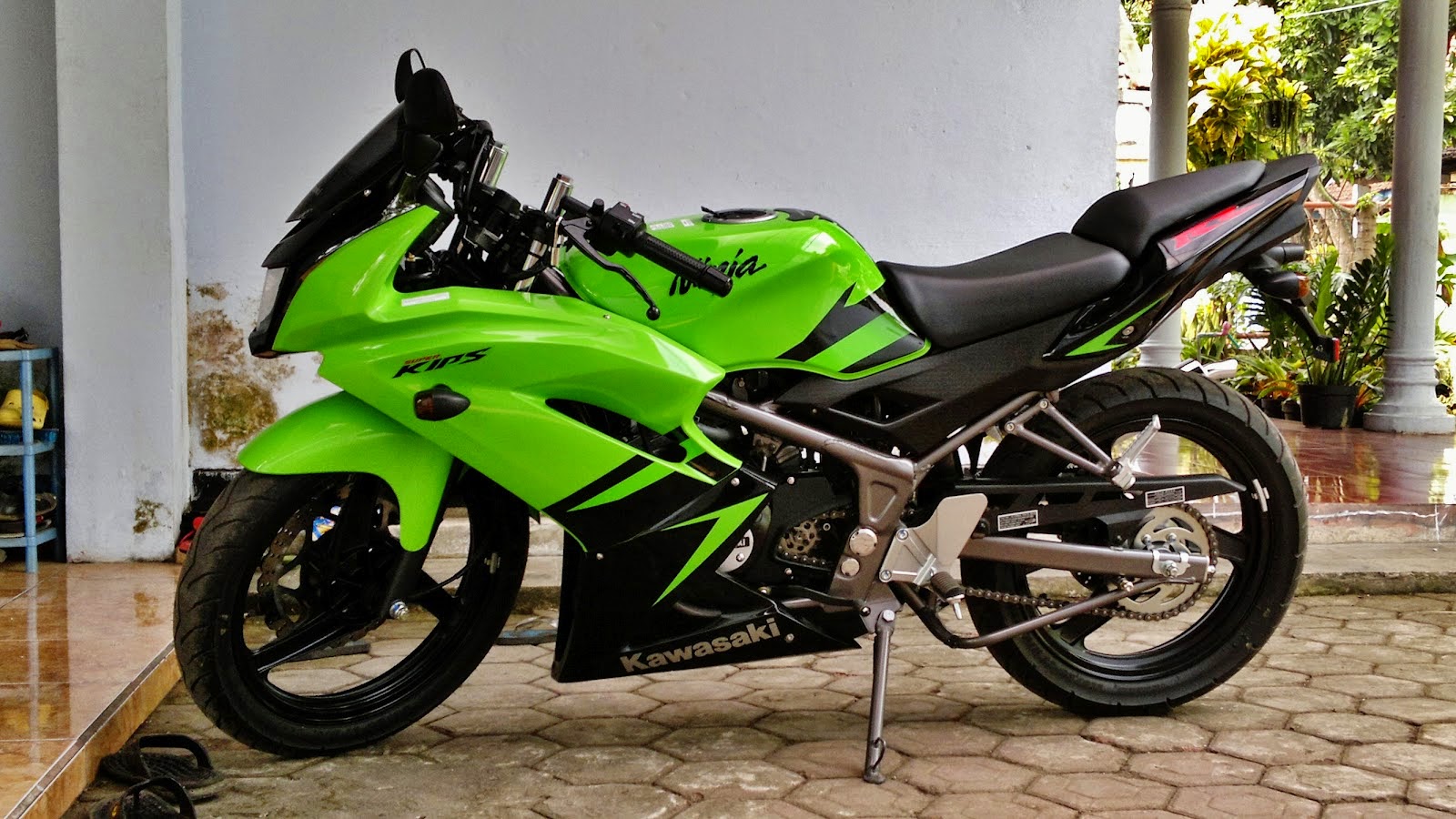Urgent Warning: Fake Ticket Sellers Target Ticketmaster Customers

Table of Contents
Identifying Fake Ticket Sellers Targeting Ticketmaster Customers
Before purchasing tickets, it’s crucial to be vigilant and identify potential red flags. Scammers employ various tactics to trick unsuspecting buyers.
Spotting Red Flags on Suspicious Websites
Many fraudulent ticket sales originate from deceptive websites. Learn to spot these warning signs:
- Unusual website URLs: Be wary of URLs that don't look quite right. Typosquatting (e.g., Ticketmasterr.com) is a common tactic. Check for misspellings or unusual characters.
- Poor website design: Legitimate ticket vendors usually have professional-looking websites. Look for poor grammar, low-quality images, and overall unprofessional presentation.
- Lack of contact information: Legitimate websites always provide clear contact details. The absence of a physical address, phone number, or email address is a major red flag.
- Excessively low prices: If a deal seems too good to be true, it probably is. Prices significantly below market value are a classic indicator of counterfeit tickets.
- Payment methods outside of secure platforms: Avoid using payment methods like wire transfers or prepaid cards. Stick to secure payment gateways like PayPal or credit card processors that offer buyer protection.
Always check for a secure HTTPS connection (indicated by a padlock icon in your browser's address bar). This ensures that your connection to the website is encrypted and your data is secure. Examples of suspicious websites often include those with oddly constructed domain names, mismatched logos, and a lack of clear company information.
Beware of Social Media Scams
Social media platforms like Facebook, Instagram, and Twitter are breeding grounds for ticket scams. Scammers often use these channels to target potential victims:
- Fake profiles: Be wary of profiles with limited information, few followers, and recently created accounts.
- Impersonating Ticketmaster: Scammers might create fake accounts mimicking the official Ticketmaster pages, offering seemingly legitimate deals.
- Offering "exclusive deals": Be cautious of offers that seem too good to be true, particularly those promising access to sold-out events.
To verify the legitimacy of a social media account, check the account's age, number of followers, and the quality of posts. Look for verified badges, official links, and customer reviews. Always cross-reference the information provided on the social media account with the official Ticketmaster website. Reporting suspicious social media accounts to the platform is also vital. Use keywords like "social media ticket scams" and "Ticketmaster scams on Facebook" during your searches.
Recognizing Phishing Emails and Texts
Phishing emails and texts are designed to trick you into revealing your personal information or clicking malicious links.
- Generic greetings: Beware of emails or texts addressed to "Dear Customer" instead of your name.
- Urgent requests: Scammers often create a sense of urgency to pressure you into acting quickly without thinking.
- Suspicious links: Don't click links in unsolicited emails or texts. Hover over the link to see the actual URL before clicking.
- Grammar and spelling errors: Poorly written emails or texts are often a sign of a scam.
Verify the sender's email address and phone number. Legitimate companies usually use official email addresses and contact numbers. Report suspicious emails and texts to the appropriate authorities and Ticketmaster immediately. Use keywords such as "Ticketmaster phishing" and "fake ticket email scams" to find more information online.
Protecting Yourself from Fake Ticket Sellers
Taking proactive steps is essential to protect yourself from these scams.
Buying Tickets Only Through Official Channels
The safest way to buy tickets is directly from the official Ticketmaster website or authorized retailers. Avoid third-party reseller websites, as these often sell counterfeit tickets or inflated prices. Keywords: "official Ticketmaster website," "authorized ticket sellers".
Secure Payment Methods
Always use secure payment methods like credit cards with fraud protection. Avoid wire transfers, prepaid cards, or other payment methods that don't offer buyer protection. Keywords: "secure online payments," "credit card fraud protection".
Reporting Suspicious Activity
Report suspicious websites, emails, social media accounts, or text messages to the appropriate authorities (like the FTC or your local law enforcement) and Ticketmaster immediately. This helps prevent others from falling victim to the same scams. Keywords: "report ticket scams," "Ticketmaster customer support".
Stay Safe from Fake Ticket Sellers Targeting Ticketmaster Customers
Remember, vigilance and caution are key to avoiding fake ticket sellers. Always verify the legitimacy of any ticket seller before making a purchase. By following the tips outlined above, you can significantly reduce your risk of becoming a victim of these scams. Avoid fake Ticketmaster tickets, protect yourself from ticket scams, and ensure legitimate ticket purchasing. Share this information with your friends and family to help spread awareness and keep everyone safe. Don't let the thrill of an event be overshadowed by the distress of a scam – stay informed and enjoy your events!

Featured Posts
-
 Sierra Leone The Silencing Of Journalists Investigating Dutch Drug Trafficker Bolle Jos
May 30, 2025
Sierra Leone The Silencing Of Journalists Investigating Dutch Drug Trafficker Bolle Jos
May 30, 2025 -
 Anisimova Stops Andreevas Winning Streak In Miami
May 30, 2025
Anisimova Stops Andreevas Winning Streak In Miami
May 30, 2025 -
 Us Imposes Solar Tariffs Malaysia Among Affected Nations
May 30, 2025
Us Imposes Solar Tariffs Malaysia Among Affected Nations
May 30, 2025 -
 Indias Solar Energy Exports Challenges And Opportunities In Southeast Asia Post Trump Tariffs
May 30, 2025
Indias Solar Energy Exports Challenges And Opportunities In Southeast Asia Post Trump Tariffs
May 30, 2025 -
 Spesifikasi Dan Harga Kawasaki Ninja 500 Bersolek Rp 100 Juta
May 30, 2025
Spesifikasi Dan Harga Kawasaki Ninja 500 Bersolek Rp 100 Juta
May 30, 2025
